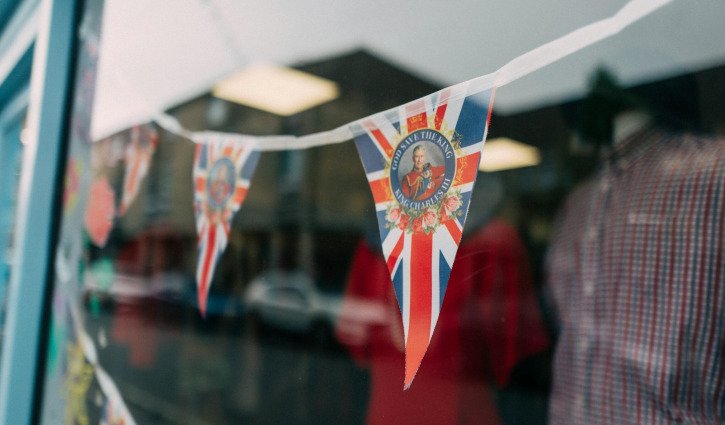The United Kingdom's King Charles is retiring the royal family's historic train as part of a broader push to modernise the monarchy and reduce operating costs.
The royal train, in use since 1840, has reportedly become increasingly expensive to maintain, and its ageing 1980s rolling stock would require significant updates. It will be replaced by two new fuel-efficient helicopters.
James Chalmers, the keeper of the privy purse, said, “The royal train, of course, has been part of national life for many decades, loved and cared for by all those involved. But in moving forward we must not be bound by the past.”
A permanent home is now being sought for the train’s historic components.
However, the 2024–25 royal accounts, released Monday, show the sovereign grant will remain at £86.3 million (A$181.1 million) for the fourth consecutive year but will rise to £132 million annually from 2025 to 2027.
This increase is partly funded by record offshore wind farm profits of £1.1 billion for the Crown Estate, and will also support the remaining £100 million cost of Buckingham Palace’s decade-long £369 million refurbishment.
Travel costs for the royal household rose by £500,000 to £4.7 million, while payroll expenses grew by £2 million to £29.9 million.
The number of individual journeys costing more than £17,000 nearly doubled to 43, totalling £2.7 million. The King and Queen’s recent state visit to Samoa cost £401,000.
As part of a new sustainability focus, one royal Bentley is now running on biofuels, with the second expected to follow later this year. A transition to electric vehicles is also being considered.
Meanwhile, separate accounts from the duchy of Cornwall reveal that Prince William’s estate, which brings him an annual income of nearly £23 million, will waive or reduce rents for grassroots organisations.
These include wildlife trusts and the St Petrocs homelessness charity. Local charities will receive a 50% rent reduction.
This follows media scrutiny last year over lucrative rental agreements between the duchies and public institutions such as the NHS, armed forces, and state schools.
Will Bax, secretary of the duchy of Cornwall, said: “It would be remiss not to address the media scrutiny the duchy has experienced this past year... Both the duke and I are clear that we want the duchy to be world-class in our approach to supporting people, communities and nature to flourish... we change not because we disrespect our past but precisely because we do respect it.”



